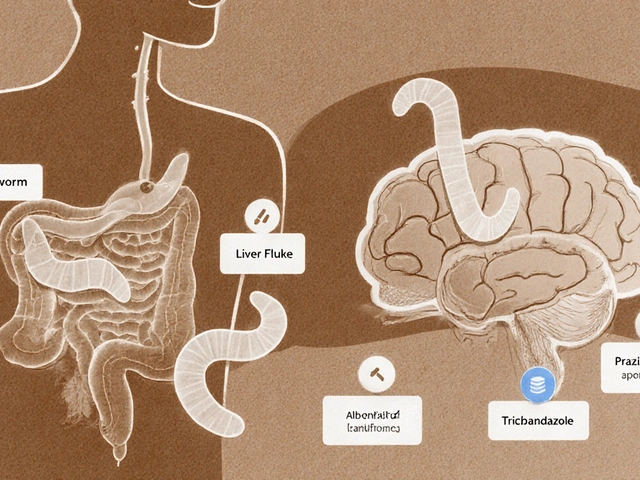Legal settlement: practical guide for claimants
Missed deadlines, confusing forms, and shady offers cost people real money every year. If you bought medicine, used an online pharmacy, or were harmed by a drug, a settlement could be coming your way. Read notices carefully and act fast.
A legal settlement is an agreement that resolves a claim without a full court trial. Settlements can be individual or part of a class action. In pharma and online pharmacy cases you may see refunds, coupon programs, medical monitoring, or cash payments. The settlement notice will explain what is covered, who qualifies, and how to apply.
How settlements usually work
First, a lawsuit is filed. Then lawyers and defendants negotiate terms. When they reach a deal, a judge often needs to approve it. After approval the court sends notices to potential claimants. Notices explain deadlines, claim forms, and contact details for the claims administrator. That timeline is strict. Missing a filing date can mean losing your right to payment or other benefits.
Practical tips for claiming money
1) Read the notice word for word. It tells what you must prove, how to submit evidence, and where to send forms. 2) Keep receipts, order records, prescriptions, and screenshots from online purchases. These documents are often required. 3) Watch deadlines. Many notices give 30 to 90 days to submit a claim. Put dates in your calendar and set reminders. 4) Beware of fraud. Official claims administrators use a government or court email and a postal address. If someone asks for payment to process your claim, that is a red flag. 5) Consider legal advice. For large or complex claims, a lawyer can explain opt-out options, tax effects, or how settlement funds are distributed among class members.
What if you don’t agree? You can object to a proposed settlement if you think it’s unfair. Objections must follow the process in the notice and are submitted to the court. In some cases you can opt out to keep your right to sue separately. That choice can change your timeline and costs, so weigh it carefully.
Common settlement outcomes in drug and pharmacy cases
Refund checks for purchases. Coupons for future products. Compensation for medical costs or monitoring programs. Payments are often split after legal fees and administrative costs. Smaller individual payouts are common in large class actions; bigger payouts tend to follow individual lawsuits or claims with clear, documented harm.
Next steps
If you get a notice, act now: read it, gather proof, check deadlines, and contact the claims administrator with questions. If you bought medicine online and suspect a problem, keep order details and speak to a lawyer or consumer agency. Taking simple steps early keeps your options open and increases the chance you’ll get what you deserve.
Track every communication and save emails from the claims administrator. Visit the official settlement website for updates and payment schedules. Remember to check tax rules for any payout and report large payments to your accountant or tax advisor today.










